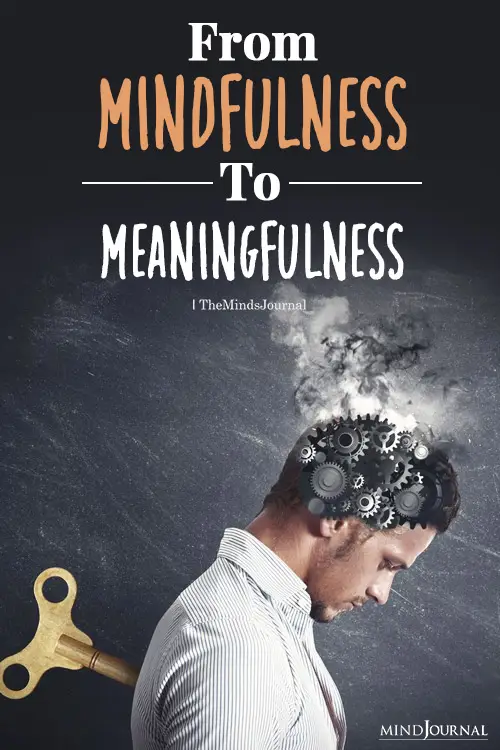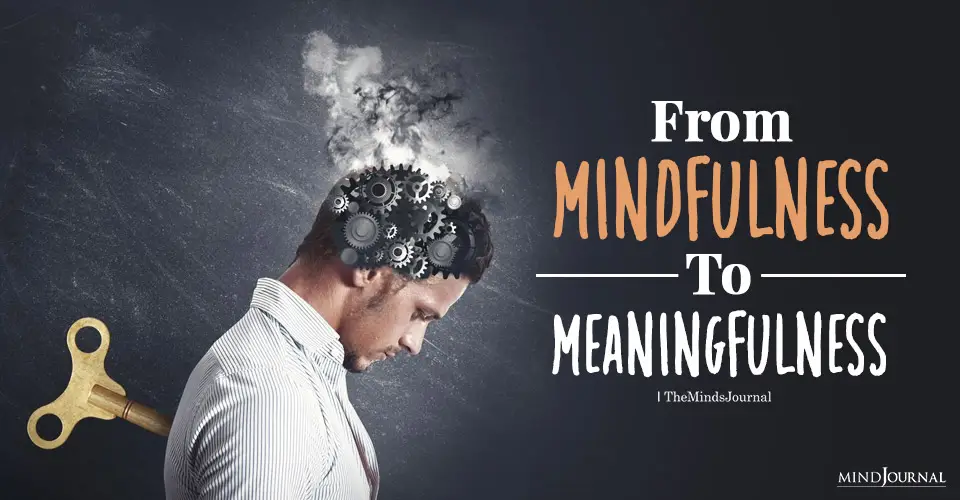Are you practicing mindfulness or meaningfulness?
Read on to learn how to feel your time.
Recently, I was sitting in a café in Rethymno, Crete, Greece, when I noticed a napkin on the table in front of me. On the napkin was a quote: “Feel Your Time.” It was at that moment when I realized how meaningful that quote was to me and, right then and there, I made a commitment to myself to follow this simple yet very sage advice.
In my opinion, in North America we tend to think our time rather than feel our time. For example, in our popular coffee places, it seems like we approach having a coffee as a quick transaction–where we request the coffee “to go,” enter the assembly line, and the servers produce our drinks as fast as possible. Even the people who have chosen to stay awhile are not often engaged with each other, as they have brought their laptops or smartphones and appear to be consumed with themselves, making use of the free Wi-Fi.
In our broader lives and work, we are also busy thinking our time, living in a world awash with things, activities, and constant interference from our technology. It’s no wonder that this approach to life has resulted in high levels of stress and anxiety.
Mindfulness
A popular antidote for stress and anxiety is the practice of mindfulness. Typically, we are encouraged to take time to relax, breathe deeply, relax our muscles, perhaps recite a mantra such as “let go,” and eventually, slow down our minds. The goal of mindfulness is to listen to our bodies and to empty our minds so that we stop worrying, relax, de-stress, and, as a result, sharpen our focus.
Read The Four Questions to Ask Yourself to see if You’re Being Mindful
The challenge for many people is their inability to think of nothing. Often their minds suffer from what is referred to as “the monkey mind”—their minds act like wild monkeys, restlessly swinging from tree branch to tree branch with random and hyperactive thoughts. Mindfulness is difficult for these people since they are easily distracted and find themselves thinking instead of relaxing and emptying their minds.

Developing the skill of mindfulness can be valuable, especially for those people who are overly preoccupied with a current problem in their lives and work. Being able to step back from their frustrations and become more aware, more peaceful, and free from judgment and worry are obvious benefits.
Read How Mindfulness Can Improve Your Overall Mental Health
However, mindfulness faces two challenges:
1.It does not appeal to everyone. Mindfulness is still associated with meditation, religious traditions, and new-age practices and, as such, is yet to be embraced by some people who may benefit from the practice.
2. It is still too focused on thinking. Mindfulness is focused on our thoughts and our tense body in an effort to slow down our brainwave pattern, that is, to shift from beta to alpha consciousness with the goal of relaxing and emptying our minds. However, the challenge remains that when we come back to the beta state of consciousness, we are still faced with our problems and then want to think of new solutions.
Read Meditation: A Mystical Practice That Leads You To A Prosperous Life
Meaningfulness
Mindfulness could be considered the first step or the first level in the shift from thinking your time to feeling your time. Meaningfulness encourages us to go further; to transcend to a higher level by connecting not just with our thinking but also with our emotions and. importantly, with our true nature.
“Know Thyself” is a famous Greek quote, inscribed above the entrance to the Temple of Apollo at Delphi, Greece. To know ourselves requires time and effort—to question and reflect upon our thoughts, feelings, and intuition, in order to gain insights into what is important or meaningful to us in our lives and work.
To know what is meaningful to us, we must discover and embrace our true nature or as I refer to it as, our core essence. Our core essence is what defines us and is at the heart of what makes us unique human beings.
It is our core essence that frames our sense of self to help us clarify and understand our purpose, leading to a more joyful and deeply authentic life. Our core essence lies at the deepest origins of our spirit, beyond the cognitive, beyond thinking.
Read 5 Steps To Find The Deeper Meaning Of Life
Understanding our emotions and our true nature or core essence helps us become more aware of our connections to others, to nature, and to broader universal consciousness. We gain a better understanding of how we fit in the universe. We can see more beauty in the ordinary yet can live life on several levels.
Embracing mindfulness is an important step in relaxing and shifting from beta to alpha consciousness; however, if we wish to transcend further, we must embrace meaningfulness. If the goal of life is to truly live and realize our full potential, we must understand and connect with our emotions and our spirits. We must live our lives not just thinking our time but feeling our time!
To know more please visit Global Meaning Institute
Written by: Elaine Dundon Originally appeared on: Psychology Today Republished with permission









Leave a Reply
You must be logged in to post a comment.